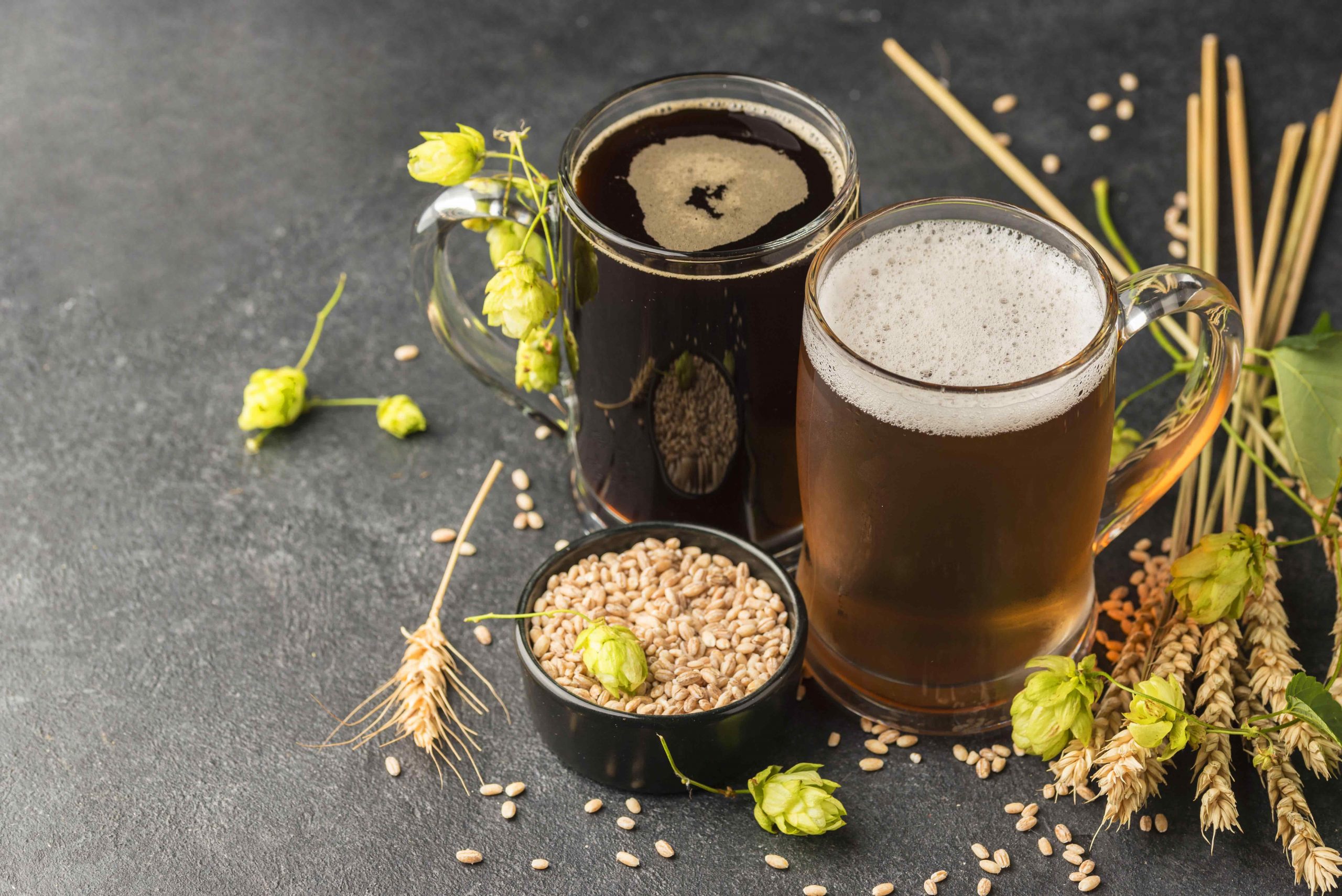Brewing up something special? Mix it up with herbs, spices, and more!
Brewing your own beer at home can be a fun and rewarding experience. There are many ways to create a unique flavor for your beer, but one of the most interesting and effective methods is to use different additives. You can experiment with herbs, spices, or other flavors to give your beer an extra kick. In this article, we’ll explore the different additives you can use and the different ways they can add personality to your home brew!
Using Different Additives in Your Home Brew: Herbs, Spices, and More
Home brewing is a fun and rewarding hobby for those looking for a unique way to enjoy craft beer and other fermented beverages. However, many home brewers overlook the potential for adding in different additives to their recipes. From herbs and spices to fruit, grains, and even honey, the possibilities for unique additions to home brews are virtually limitless. Read on to learn more about different additives available for use in home brewing and how to incorporate them into your next brew.
Herbs and Spices
Herbs and spices are a great way to enhance the flavor of any homebrewed beverage. Although herbs and spices can lend aromatic and flavor profiles to any beer style, they are often most prominent in Belgian, wheat and lighter-colored beers. Herbs and spices can also be added to darker beers, though the flavors and aromas will be subtler and more difficult to detect.
Here are some of the most popular herbs and spices for brewing:
- Coriander – best used in conjunction with orange zest for Belgian beers
- Cinnamon – adds a sweet, spicy flavor that pairs well with wheat beers, stouts and porters
- Ginger – helps to cut through heavy flavors and adds a hint of spice
- Lemongrass – gives wheat beers a fresh citrus flavor
- Mint – best used in combination with other herbs and spices for a depth of flavor
- Rosemary – perfect for creating an herbal aroma and flavor in a pale ale
- Thyme – adds a delicate herbaceous flavor to stouts and porters
When adding herbs and spices to your home brew, it is important to remember to start small. Start by adding just a small amount at a time and taste it, then adjust as needed until you find the perfect balance for your brew. The flavors of herbs and spices can change over time as the beer ages, so experimentation is key to get the desired outcome.
Fruits, Grains, and Other Additives
Adding fruits and grains to home brews is an excellent way to both increase the ABV and add unique flavors. Fruit is an especially popular choice due to the range of flavors and aromas they can provide, while grains can both add complexity and a greater degree of sweetness.
- Fruit – adds a unique flavor profile and can be used to mimic different beer styles—from blonde ales to pale ales to fruit-forward wheat beers
- Grains – adds a subtle maltiness and sweetness to the recipe
- Honey – creates a bright, honey-like flavor and aroma
- Oats – adds a creamy, silky texture to the beer and helps to create a fuller-bodied beer
- Rice – adds a crisp and light flavor to light-colored beers such as lagers and pilsners
Remember, however, that adding fruit and grains can increase the ABV of the beer. This will require you to adjust the amount of sugar you add to the recipe to achieve the desired level of alcohol.
balancing the Flavor of your Brew
When choosing additives for your home brew, it’s important to take into consideration how they will interact with the other ingredients of your recipe. Different sugars, hops and malt varieties can all add to the flavor and aroma of your beer, so it’s important to remember to keep them in balance.
The last thing you want is too much of one ingredient dominating the flavor of your beer. This can be easily avoided by experimenting with different combinations of additives and tasting the results. This will allow you to see what works and what doesn’t and make any changes needed to get the desired outcome.
Conclusion
Adding herbs, spices, fruits and grains to your home brew recipes is a great way to expand your brewing repertoire and create unique flavor and aroma profiles. With the right combinations, you can create a beer that perfectly suits your tastes and palate. Just remember to always start small when adding new ingredients and balance the flavors with the other ingredients in the recipe. Happy brewing!


